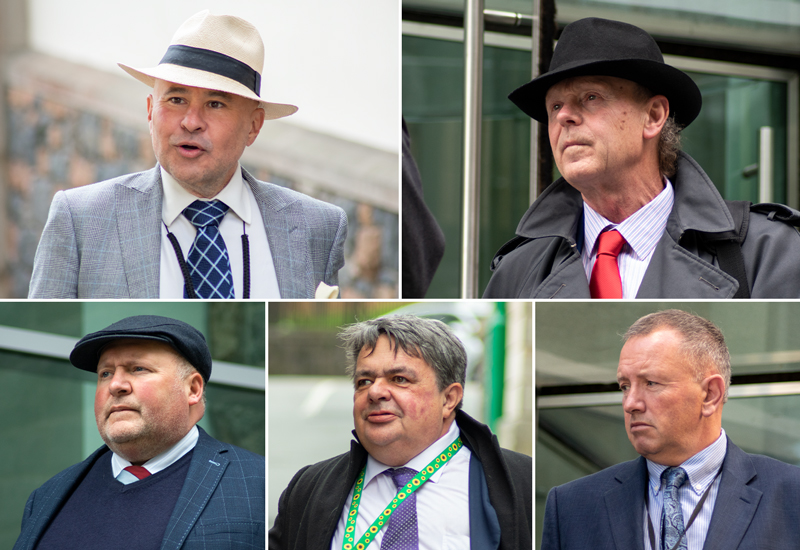


Representations have been made to the States Assembly & Constitution Committee around future rules for non-States members following historical concerns around the behaviour of some committee members.
Feedback came from every committee bar one, which “consciously decided” to not make representations, according to SACC President Deputy Carl Meerveld.
Deputy Peter Roffey, President of the Committee for Employment & Social Security, personally attended the meeting to set out his committee’s position – and said it disagreed that there should be distinct rules set for States and non-States members.
“I can’t understand what problem is trying to be fixed… [ESS] are worried about presidents sitting around discussing what non-States members are doing,” he said.
“If one misbehaves, we’ll get rid of them. I’m bamboozled why it shouldn’t be the same process for States members.”
He added that there shouldn’t be a requirement for political neutrality on matters outside of committee business.
Deputy Meerveld said it might be appropriate to do so since the committee were also updating the Code of Conduct for States members, and because “there are more non-States members than last term” who have different professional expectations to their elected counterparts.

Pictured: The States Assembly & Constitution Committee will seek to produce a description of 'political activity'.
SACC member Deputy John Gollop suggested that “different committees have different interpretations of the rules for non-States members”, and that “clearer guidance” ought to be issued.
He also suggested that the proposed Commissioner for Standards could be evolved to oversee all those involved in public life, rather than just for “elected officials”.
Deputy Roffey said panel membership should be removed from States members given that the presence of political parties might unfairly weight any decisions and outcomes against public officials.
Deputy Simon Fairclough agreed with that sentiment and said the definition of political activity needs “bottoming-out”.
He cited his media experience that few issues had been raised on the matter in the past, partly because of what he saw as a lack of awareness in the public of which politicians sit on committees, “let alone non-States members’.
Deputy Meerveld said he was “not adverse to that idea at all” due to the potential complications. He assured Deputy Roffey that all points raised would be subsequently looked at “in the round” including definitions of roles, responsibilities and behaviours alongside hiring policies.
“It’s more to do with how appropriately things are done… the standard of behaviour that’s expected of deputies such as politeness, confidentiality, disrespect and non-provocation,” he concluded.
Comments
Comments on this story express the views of the commentator only, not Bailiwick Publishing. We are unable to guarantee the accuracy of any of those comments.